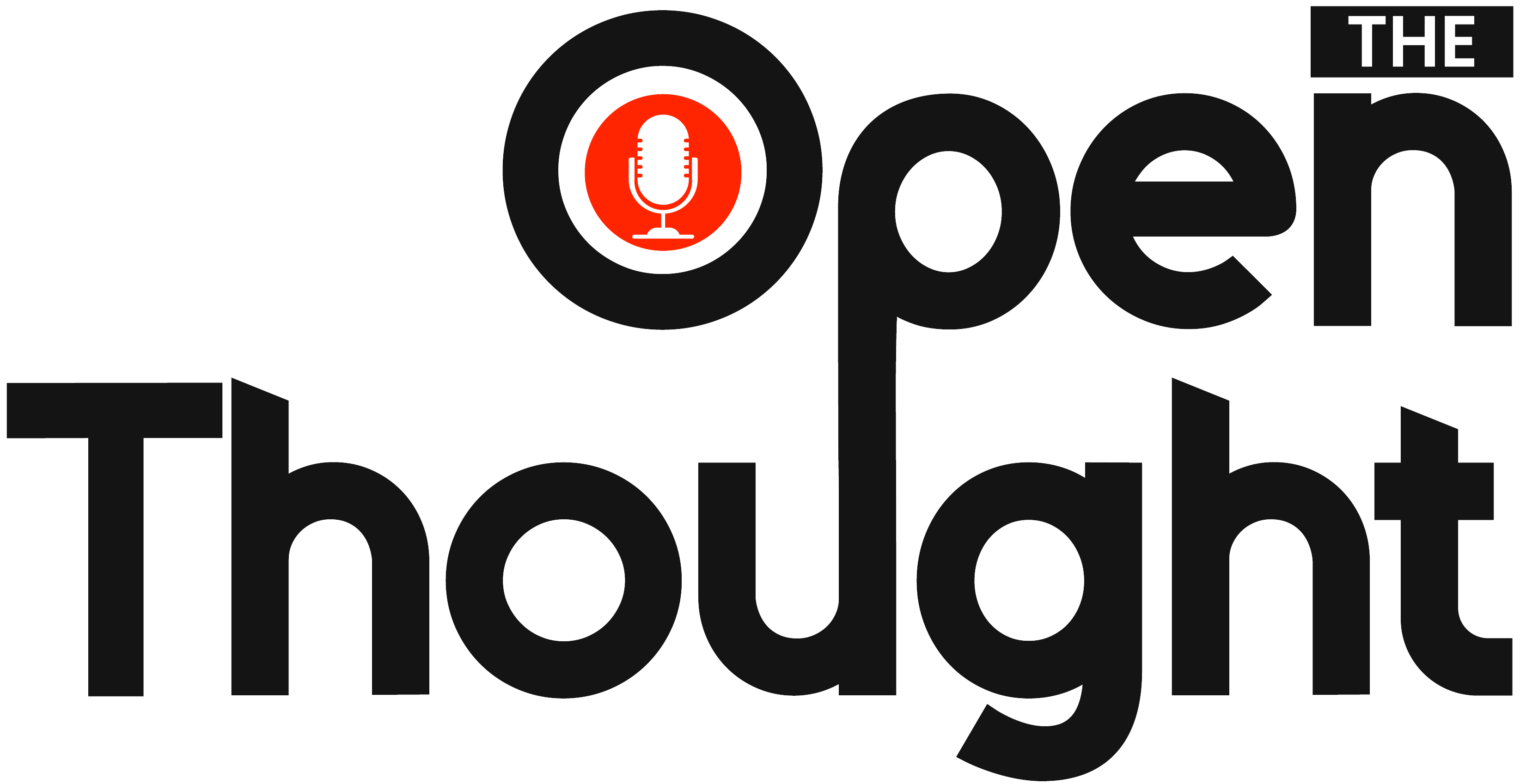By: Ms Lalitha M Shetty, VP-HR, Omega Healthcare
Why Inclusion is the Future of Hiring The workforce is evolving, and organizations that prioritize diversity and inclusion will be better positioned for success. Building an inclusive talent pipeline goes beyond mere compliance—it fosters innovation, enhances decision-making, and boosts employee engagement. However, unconscious biases, rigid hiring practices, and unequal opportunities continue to hinder many companies in their efforts to attract and retain diverse talent.
To ensure long-term workforce sustainability, organizations must adopt proactive strategies that integrate underrepresented groups into hiring processes, promote equitable selection practices, and cultivate a culture of belonging.
Shifting from Resumes to Real Potential Traditionally, hiring decisions have been based primarily on candidates’ resumes, often excluding talented individuals who may lack conventional qualifications but possess valuable skills. A skills-based hiring approach enables organizations to tap into a broader, more diverse talent pool. By prioritizing competencies over credentials, businesses can access untapped talent that brings fresh perspectives and innovative problem-solving capabilities.
Expanding recruitment channels is also crucial. Engaging with universities, non-profits, and community organizations that support underrepresented groups can create a steady stream of diverse candidates from nontraditional backgrounds. Additionally, AI-driven tools can help minimize human bias in resume screening. However, companies must ensure these technologies are carefully designed and monitored to prevent the reinforcement of existing disparities caused by biased data.
Ensuring Fair and Equitable Hiring Practices Bias in hiring—whether conscious or unconscious—can obstruct diversity efforts. Companies can refine their recruitment processes to promote fairness and equal opportunities for all applicants. AI-powered recruitment solutions can assist in screening resumes, conducting initial assessments, and facilitating blind recruitment, where candidates’ personal details are concealed during the early selection stages.
Structured interviews offer another way to enhance equity by providing a standardized set of questions for every candidate, reducing the influence of subjective bias. AI-based interview platforms further support unbiased decision-making by analyzing responses in a data-driven manner. Additionally, diverse hiring panels with varied backgrounds help provide different perspectives, contributing to fairer evaluations. Setting measurable diversity, equity, and inclusion (DEI) targets holds recruiters accountable and ensures hiring practices remain genuinely inclusive.
Supporting Career Growth through Upskilling and Mentorship Hiring diverse employees is just the first step—ensuring equal opportunities for career advancement is equally important. Employees from underprivileged backgrounds often lack access to professional networks or mentorship, making career progression more challenging. To address this, organizations should implement structured mentorship and sponsorship programs that offer guidance, support, and growth opportunities.
AI-powered learning platforms can help by recommending tailored training and career development programs. By analyzing skills gaps, AI can create personalized learning pathways that enable individuals from nontraditional backgrounds to develop the necessary competencies for leadership roles and career success.
Creating an Inclusive Workplace Culture An inclusive talent pipeline is ineffective if employees do not feel valued and included in the workplace. A strong onboarding program is essential in fostering belonging. Incorporating cultural awareness training and mentorship systems can ease the transition for new employees. AI can further enhance onboarding by personalizing the experience to meet individual employee needs.
Employee Resource Groups (ERGs) play a critical role in fostering inclusivity. These voluntary, employee-led networks provide support, mentorship, and a sense of community for diverse employees. AI-driven sentiment analysis tools can also help organizations measure employee engagement and identify areas for improvement, ensuring ongoing efforts to enhance workplace inclusion.
Measuring Progress and Driving Continuous Improvement Organizations must regularly assess their hiring and employment policies to maintain progress. AI-driven analytics tools can track recruitment, retention, and promotion rates among diverse employees, helping identify gaps and areas that require attention.
Employee feedback is another valuable resource for assessing workplace inclusivity. AI-powered engagement surveys and open forums provide insights into employee sentiment, offering a clearer understanding of workplace culture. Predictive analytics can further identify potential barriers to employee success and suggest targeted interventions to improve equity. Additionally, integrating DEI metrics into leadership performance reviews reinforces the importance of inclusion at all levels.
The Future of Inclusive Talent Pipelines Developing an inclusive talent pipeline is not a one-time effort but a long-term commitment to equitable hiring, continuous learning, and cultural transformation. AI has emerged as a powerful tool in reducing hiring biases, facilitating fairer selection processes, and fostering diverse talent growth. However, technology alone is not a complete solution—organizations must combine AI-driven insights with robust human-led DEI initiatives to create lasting impact.
Companies that embrace inclusive hiring practices will not only build more diverse teams but also drive innovation, enhance business performance, and cultivate an environment where all employees can thrive.

